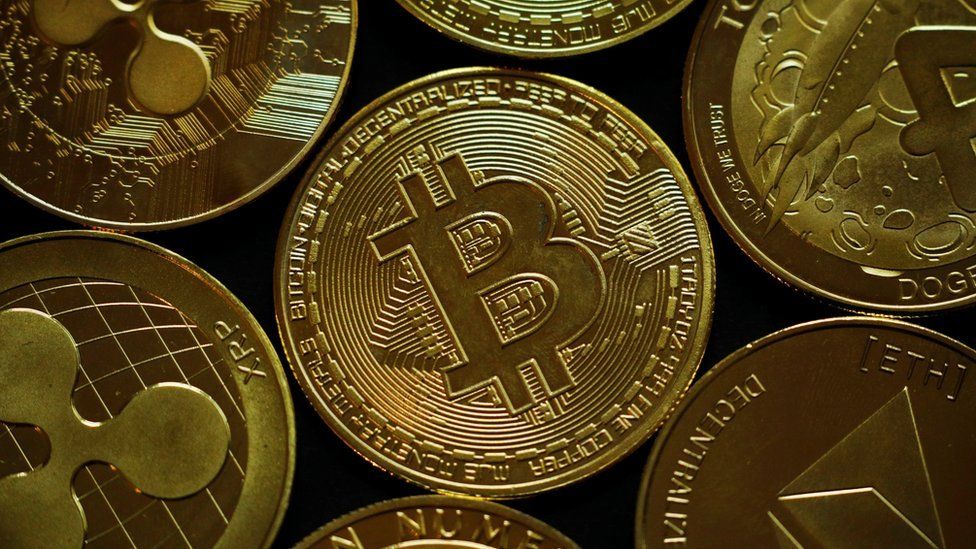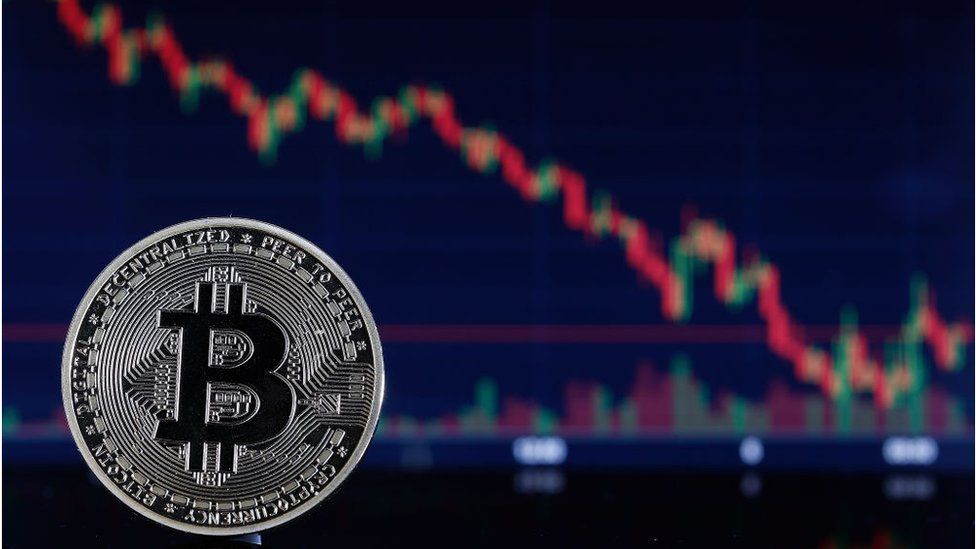
image copyrightReuters
The Met Police has seized a record £180m worth of cryptocurrency linked to international money laundering in London.
The seizure is the largest of its kind in the UK – beating the pervious record set when the Met confiscated £114m of cryptocurrency on 24 June.
A 39-year-old woman, arrested on suspicion of money laundering on 24 June, has been interviewed over the new seizure.
She has since been bailed.
The Met’s economic crime command made the seizure after following up intelligence received about the transfer of criminal assets. The investigation is continuing.
Transactions made using cryptocurrencies can provide more anonymity to senders and recipients of money.
The Met did not say which cryptocurrencies they seized.


image copyrightGetty Images
Cryptocurrencies are digital money that is not issued by a bank. You can trade and invest these currencies like any other – and there are virtually no barriers to entry. The absence of regulation means the market can go up incredibly fast.
During the lockdown, the total value of all cryptocurrencies increased from about £175bn to more than £1.75tn.
Figures from the UK’s financial watchdog show hundreds of thousands of people in the UK hold these digital currencies.
But since the start of May, the market reached its highest-ever level and lost more than £1tn just a few weeks later.

Deputy Assistant Commissioner Graham McNulty said: “Proceeds of crime are laundered in many different ways.
“While cash still remains king in the criminal world, as digital platforms develop we’re increasingly seeing organised criminals using cryptocurrency to launder their dirty money.
“The detectives on this case have worked tirelessly and meticulously to trace millions of pounds worth of cryptocurrency suspected of being linked to criminality and now being laundered to hide the trail.
“Our investigation will stop at nothing to disrupt the transfer and identify those involved.”
The BBC is not responsible for the content of external sites.





